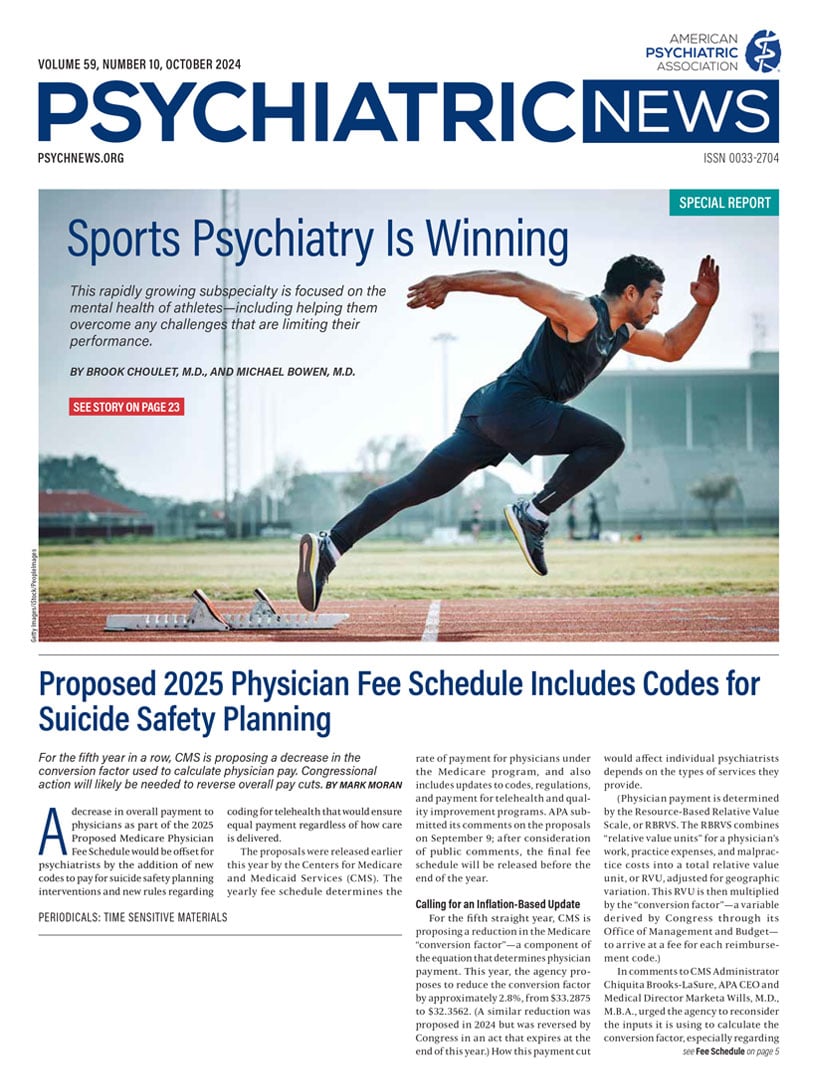The work we undertake as psychiatrists is both deeply fulfilling and complex, intertwined with challenges and sorrows. Often, our patients arrive at our doors in their most vulnerable states, having endured years of neglect within our own health care systems. They struggle with limited access to basic necessities and are hesitant to engage with a system that has let them down repeatedly, often without hope.
As psychiatrists, we meet them where they are, providing support in the clinical encounter, where patient and physician share intimate, painful narratives. We bear witness to tales of anguish, trauma, and suffering, exposing us to the darker aspects of humanity, which can sometimes overshadow our own inner light.
As experts in our field, we are well-versed in the impact of trauma and adverse childhood experiences, adept at deciphering the complexities of conditions like bipolar disorder, posttraumatic stress disorder, and schizophrenia. Often, our patients present with overlapping diagnoses, further complicating their symptoms.
While our privileged position affords us unique insights, it also exposes us to significant challenges such as stress, burnout, and vicarious traumatization, which take a toll on both individuals and our profession as a whole. It’s crucial for us and our organizations to acknowledge these consequences—not only out of a moral obligation to our own well-being but also because neglecting them can lead to errors in patient care, high turnover rates, substance use disorders, and, tragically, even suicide among our colleagues.
Despite these challenges, we find ways to heal and rejuvenate ourselves. For me, healing has always been through the arts. Whether it’s immersing myself in live music, exploring a museum, creating art with my daughter, or writing, these creative outlets help me find meaning in a seemingly chaotic world.
During the COVID-19 pandemic and at the height of the Black Lives Matter movement, I found myself grappling with profound questions about our collective experience. In the spirit of “physician, heal thyself,” I embarked on a journey of self-discovery and healing. Drawing on the principles of trauma-informed care, I prioritized self-care, diligently monitoring my emotions and seeking understanding amid the chaos.
Writing, in particular, became a powerful tool for processing my thoughts and experiences. On my 41st birthday, I was gifted a Smith-Corona typewriter and spent countless hours crafting a narrative, revisiting headlines and drawing on my expertise in attachment theory and trauma to make sense of our collective response to these unprecedented events. On May 7, my book “Unpacked: A Psychiatrist Explores and Unpacks Our Collective Experience of the COVID-19 Pandemic” became available to the public.
That same day, alongside my colleague Frank Clark, M.D., I had the privilege of sharing our work with the public at the APA Annual Meeting. Our presentation, “Help for the Healer,” underscored the importance of self-care and community support in navigating the challenges of our profession. As we gathered at New York City’s Javits Center, a venue that served as a makeshift hospital during the pandemic, the echoes of the past reminded us of the resilience of the human spirit.
Despite the passage of time, the impact of those events lingers, urging us to confront them with curiosity, empathy, and a shared commitment to healing. ■

